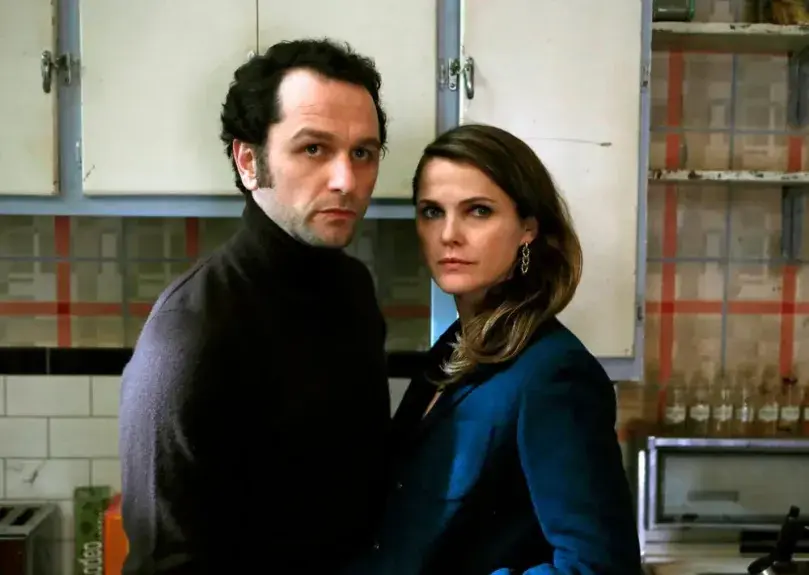
David LaRocca: "When the Americans are Russians: Modes and Myths of Selfhood, Marriage, and Parenting in The Americans"
Despite being about murderers, The Americans (2013-2018) offers a surprisingly commendable depiction of the legacies of moral perfectionism as exhibited in the contemporary art we call television. Our principal characters undertake experiments in living—individually, as a couple, as a family, with friends and coworkers, and indeed, as befits their trade, also as strangers. In order to know who one can trust, the question of who one is becomes more fraught than its standard saccharine phrasing. To what extent does living a double life negate both lives? When Russians become Americans and “Americans” are Russians, both terms admit their conceptual fraud. The reversals and duplications repeat and reverberate throughout the categories of the series: KGB and FBI, Russian spy and American citizen, Russian wife and American wife, Russian husband and American husband, Russian child and American child.
The modes of selfhood, marriage, and parenting in The Americans create ways, as great art is wont to do, of acknowledging the presence and legacies of moral perfectionism in our own lives. The Americans’ particular genius lies in the extent to which it admits and heightens its own interest in how these categories—or modes—are constituted, and thus compromised, by their status as myths. The doubleness of the story’s structure and the show’s character—whether pictured as a mask over a face, or a double helix of entwined opposites, or even, fittingly, a matryoshka—necessarily positions us to face a persistent reflexive commentary on how these modes may be, or simply are, false, distorting, harmful, and undermining of the very motivation one started out with. What, in fact, is the mission? What is the objective of all this dissimulation along with the pain inflicted and the pain suffered?
David LaRocca has taught philosophy and cinema in visiting research or teaching positions at Binghamton, Cornell, Cortland, Harvard, Ithaca College, the School of Visual Arts, and Vanderbilt. He is the author, editor, or coeditor of more than a dozen books: Metacinema, The Thought of Stanley Cavell and Cinema, Movies with Stanley Cavell in Mind, The Philosophy of War Films, and The Philosophy of Documentary Film. He also edited Stanley Cavell’s Emerson’s Transcendental Etudes.
Please note that due to the current University regulations, all in-person attendees need to register by email at: contact@demoseries.eu
This event will be held in a hybrid format. To receive a Zoom link, please register by filling out the contact form at the following address: https://www.demoseries.eu/contact